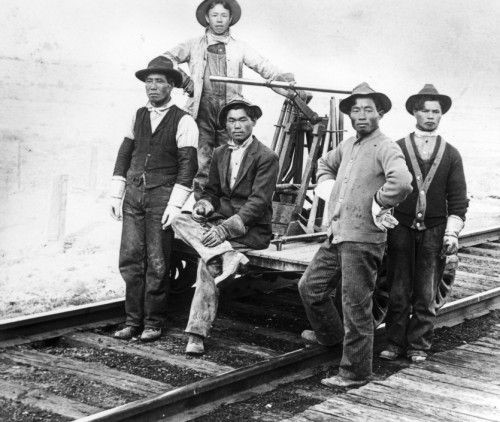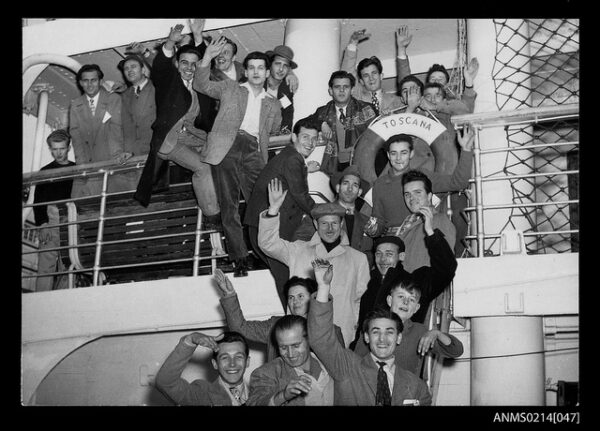Posts Tagged ‘California department of labor’

SAN DIEGO PAID SICK LEAVE REQUIREMENTS, EFFECTIVE JULY 11 AND SEPTEMBER 2, 2016
Employers Must Cough Up at Least Five Days of Benefits As previously announced in Sick Pay Ordinance Epidemic Spreads to San Diego, New Measure Adds Yet More Uncertainty to Employer Obligations (June, 2016), San Diego voters recently enacted city-wide paid sick leave and minimum wage ordinance (Ordinance No. 20390). See our blog Rising Minimum Wages, […]

NO LIE
New Federal Workplace Poster Requirements For Minimum Wage and Polygraph Protections, Effective August 1, 2016 The U.S. Department of Labor (DOL) has revised the federal Fair Labor Standards Act (FLSA) Minimum Wage poster and the Employee Polygraph Protections Act (EPPA) poster. Starting August 1, 2016, U.S. employers must post these revised versions: 1. FLSA Minimum […]

LATEST MINIMUM WAGE INCREASES FOR CALIFORNIA CITIES
REQUIRE NEW NOTICES Continuing the trend of escalating minimum wage laws, numerous cities and one county in California increased their minimum wage effective July 1, 2016. See, for example, our blogs on San Francisco, Santa Monica, Pasadena, Los Angeles City, and Los Angeles County. The laws vary in their application to smaller and larger employers, […]

CALIFORNIA PAID SICK LEAVE LAW
Amendments in Effect July 13, 2015 Our prior articles “Mandatory Paid Sick Leave For California Employees” and “Shall the Fog Be Forever Forsaken? California Labor Commissioner Again Attempts to Resolve Questions on New Paid Sick Leave Benefits Law” cover provisions of California’s new paid sick leave (PSL) Healthy Workplaces, Healthy Families Act (the Act), key […]

CALIFORNIA LABOR COMMISSIONER PROVIDES THE FAQ’S ON NEW PAID SICK LEAVE BENEFITS LAW
As covered in Mandatory Paid Sick Leave for California Employees, AB 1522 requires each California employer, regardless of size (and except for those with collective bargaining agreements and other very limited exemptions), to provide paid sick leave benefits to any temporary, part-time and full-time employee once he or she has worked for that company in […]

CALIFORNIA LABOR LAWS 2015 CALIFORNIA EXPANDS NATIONAL ORIGIN DISCRIMINATION DEFINITION
The Effect of an “Undocumented” Driver’s License On Workplace Policy and Procedure is Touchy In 2013, Assembly Bill [AB] 60 created Vehicle Code section 12801.9 authorizing the California Department of Motor Vehicles (DMV) to provide driver’s licenses to undocumented individuals. AB 60 thus directs the DMV to accept alternative satisfactory forms of proof of identity […]
PREVENTING WORKPLACE BULLYING
Abusive Conduct Prevention Training Now Required Every Two Years Effective January 1, 2015, a California employer must include prevention of abusive conduct as a component of legally-mandated sexual harassment training and education. (Assembly Bill [AB] 2053). Existing law requires employers with 50 or more employees to provide at least two hours of interactive training and […]

DISCRIMINATION AND RETALIATION CLAIMS
An Employer’s Lesson In Thorough Documentation In Los Angeles County, it is not uncommon to see 100 lawsuits filed weekly against employers for alleged unlawful discrimination or retaliation, often both in the same complaint. One could say that unless a business knows and applies the important basics in preventing such expensive and time-consuming claims, it […]

THE DEVIL IS IN THE DETAILS: EMPLOYMENT CLASS ACTION SUITS CAN HINGE ON A COURT’S CHOICE OF DEFINITIONS
U.S. Supreme Court Turns to History and Webster’s Dictionary to Defeat a Class Action Against U.S. Steel A minimal underpayment of wages to a single worker can morph into a claim potentially worth millions if magnified across a “class” of many workers subject to the same alleged employment practices. Targeting larger employers, such “class action” […]
INDEPENDENT OR EMPLOYED?
Classifying Workers Correctly is a Case-by-Case Challenge There are economic risks for an employer who misclassifies a worker who should be employed as an independent contractor. A wide range of California and federal agencies have the power to impose back taxes, interest and penalties upon companies who unsuccessfully attempt the tactic. California placed greater deterrents […]
